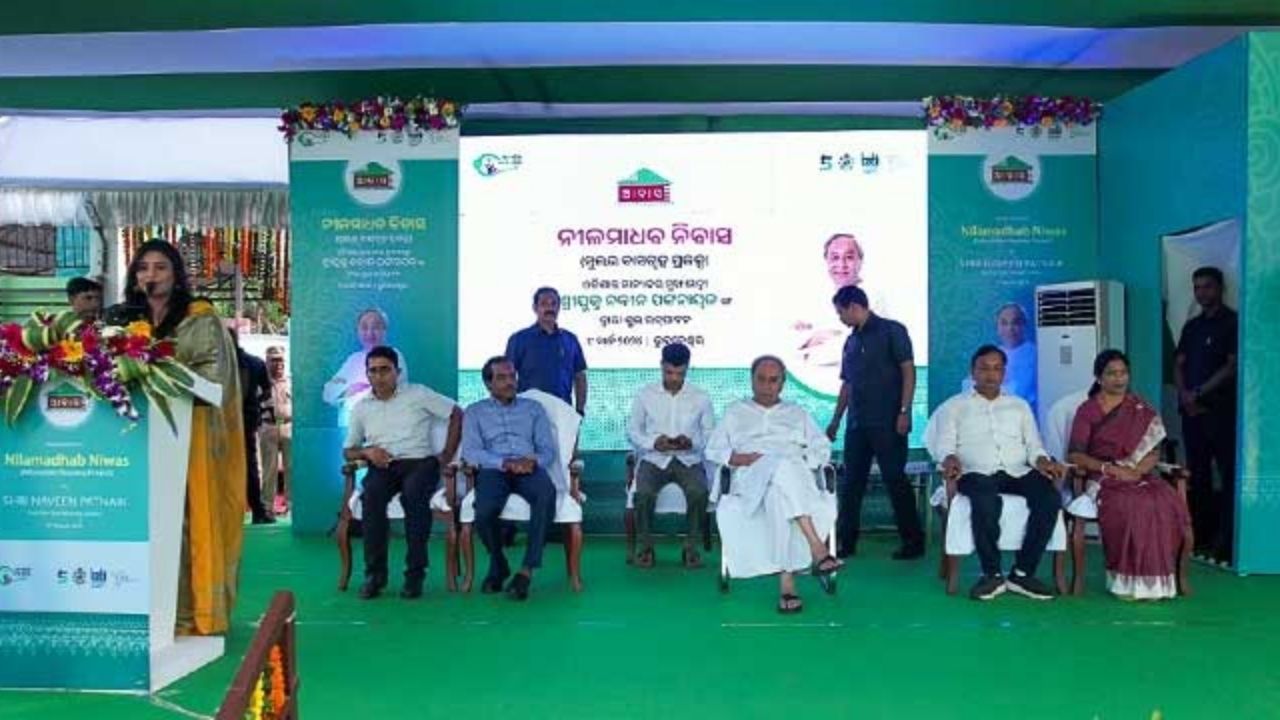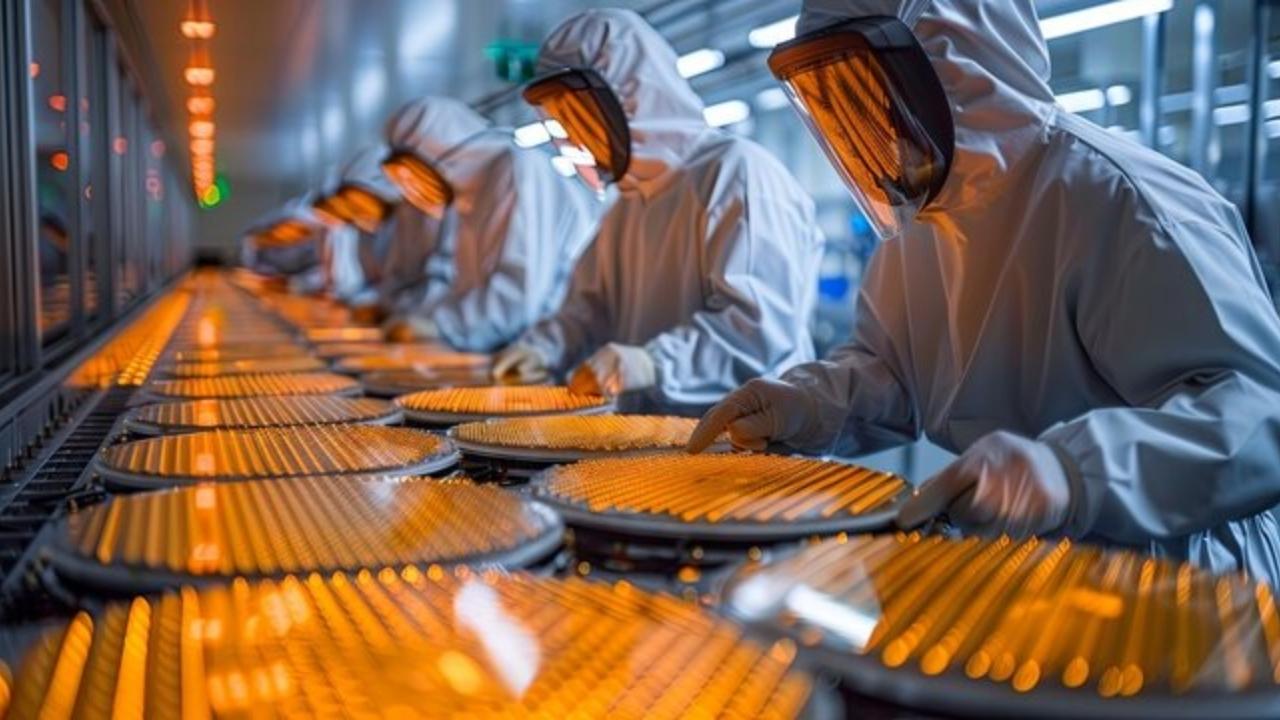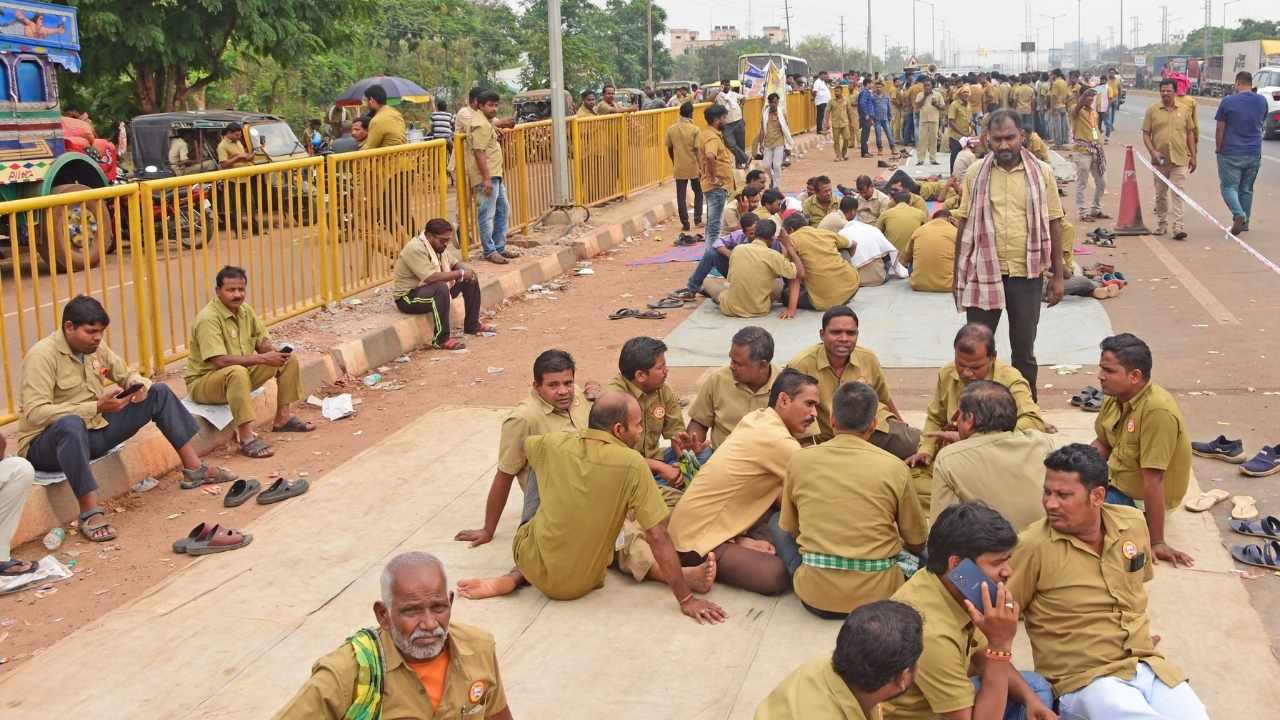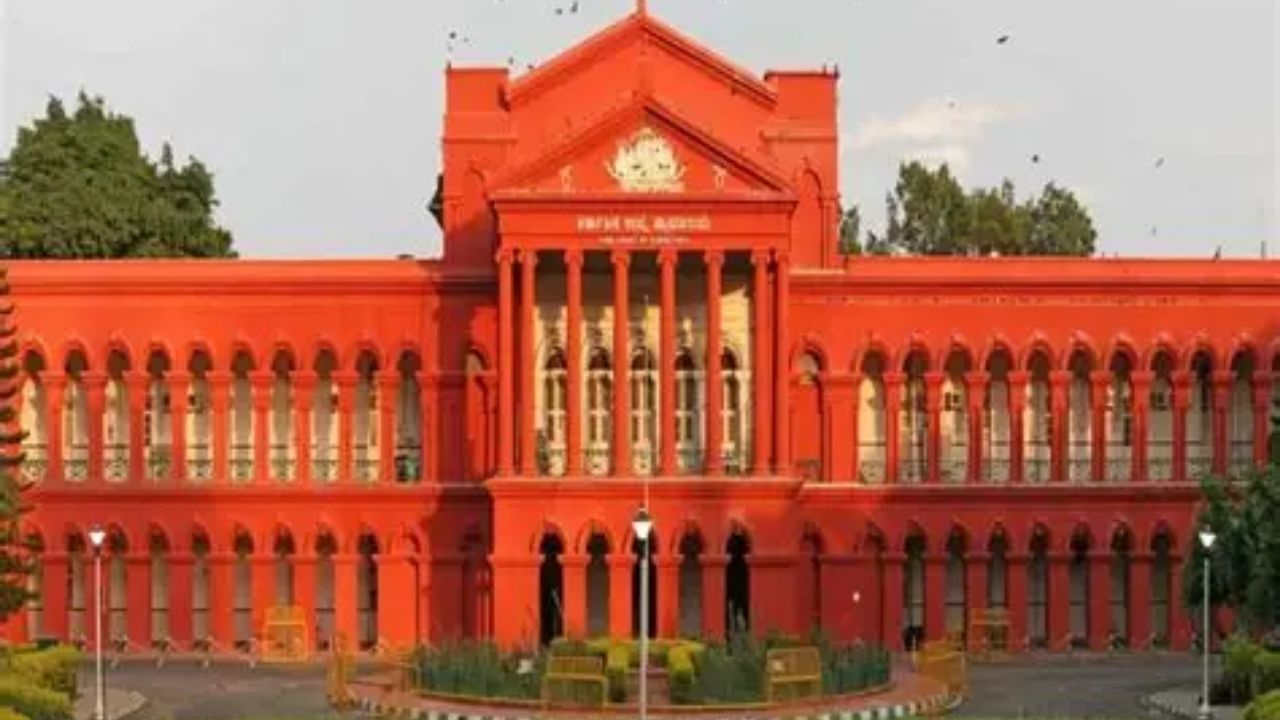The world’s climate is changing, and the need for serious discussions on how to tackle climate change has never been more urgent. This summer, global diplomats and climate experts will gather at Siksha ‘O’ Anusandhan University (SOA) in Bhubaneswar, India, for an important event: the International Conclave on Climate Change and Global Warming—Issues and Prospects. Scheduled for June 10–11, 2025, the conclave promises to bring together international representatives, top scientists, and researchers to explore strategies for fighting climate change and addressing global warming.
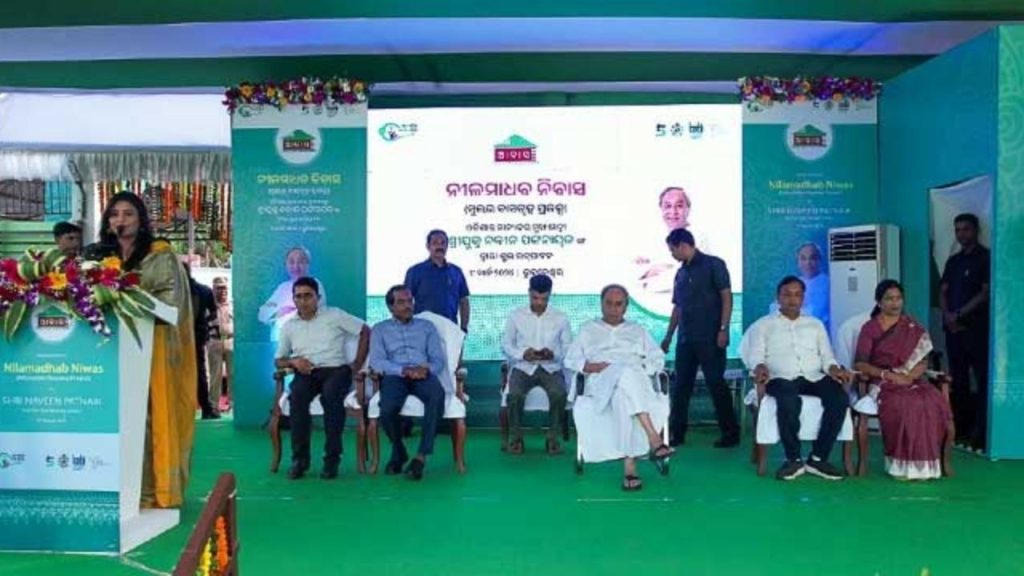
This event is more than just another conference—it’s a crucial moment in the ongoing battle to mitigate the effects of climate change. The conclave will feature a mix of high-level diplomatic engagement, expert-led scientific discussions, and collaborative workshops. By bringing together people from different parts of the world, this event aims to push forward ideas, solutions, and a global dialogue on sustainability. In this article, we will take a deep dive into what this conclave is all about, why it’s important, and what it could mean for the future of the planet.
Global Diplomats and Climate Experts
| Key Aspect | Details |
|---|---|
| Event Name | International Conclave on Climate Change and Global Warming |
| Dates | June 10-11, 2025 |
| Location | Siksha ‘O’ Anusandhan University, Bhubaneswar, India |
| Global Diplomats | Ambassadors and high commissioners from 8 countries, including Uruguay, Peru, Ecuador, and more |
| Prominent Experts | Over 20 leading climate scientists and researchers, including experts from ISRO and IIT Bombay |
| Key Focus Areas | Climate sciences, food security, urban infrastructure, ocean-atmosphere interactions |
| Official Website | SOA University |
The International Conclave on Climate Change and Global Warming hosted by Siksha ‘O’ Anusandhan University is set to play a pivotal role in fostering international collaboration on climate action. With leading diplomats and top climate experts coming together, this conclave will help shape the future of global climate policy and sustainability efforts. If you’re in a profession related to climate change, sustainability, or environmental policy, this event will provide valuable insights, practical solutions, and networking opportunities to further the collective goal of a climate-resilient future.
Why This Conclave Matters
Climate change is a global challenge that affects all of us, from our daily weather to long-term global health and safety. It’s not just about higher temperatures; it’s about changes in weather patterns, rising sea levels, and the impact on agriculture, water resources, and ecosystems.
The importance of gathering diplomats and climate scientists at an event like this is clear. By bringing together leaders from countries worldwide, the conclave will provide an opportunity for nations to share their climate action plans, discuss successful strategies, and form alliances to work together. Climate change doesn’t care about borders, so the solution needs to be a collective effort.
At this event, participants will also learn about the Indian scenario concerning climate change, with experts from the Indian Meteorological Department (IMD), ISRO, and IITs shedding light on how climate science is being tackled in the country. This localized knowledge will help inform global strategies and solutions.
The Role of Diplomats in Tackling Climate Change
One of the standout features of this conclave is the presence of ambassadors and diplomatic representatives from eight countries, including Uruguay, Peru, Ecuador, Guatemala, Spain, Italy, Seychelles, and Guyana. These diplomats will not only share their nations’ approaches to climate action but will also facilitate critical cross-cultural exchanges on how to address the climate crisis on a global scale.
For example, Alberto Guani, the Ambassador of Uruguay, will likely discuss his country’s commitment to renewable energy and sustainable agriculture, two areas that are essential to reducing global carbon emissions. Similarly, Omar Castaneda Solares, Ambassador of Guatemala, will share how his country is responding to climate-induced migration and the social effects of climate disasters.
These exchanges are essential for building global solidarity in climate action, as the effects of climate change are not confined to any one region—they touch every part of the world. Learning from the experiences of nations that are already implementing successful strategies can help accelerate climate adaptation and mitigation efforts globally.
Expert-Led Sessions: Bridging Science and Policy
While diplomacy is a key component of the conclave, the event will also host scientific experts who will engage in high-level discussions on the latest climate research. These sessions will be a deep dive into topics like climate sciences, earth system modeling, and ocean-atmosphere observations.
For instance, Dr. Mrutyunjay Mohapatra, Director-General of the Indian Meteorological Department, will discuss climate forecasting models and how data from satellites and ocean buoys are used to predict weather patterns. This session will help governments and industries understand how to better prepare for extreme weather events, such as cyclones, droughts, and flooding.
Prof. Subimal Ghose from IIT Bombay will bring his expertise on climate modeling and the Indian monsoon system, shedding light on how climate change affects regional weather patterns, particularly in India and neighboring countries. Dr. Randhir Singh from the Space Application Centre (ISRO) will explore space-based observations that track changes in the Earth’s atmosphere, ocean levels, and the impact on ecosystems.
Impact on Food Security, Water, and Urban Infrastructure
One of the most pressing issues that will be discussed at this conclave is the impact of climate change on food security. As weather patterns become more unpredictable and extreme, agriculture—the backbone of many economies—faces massive disruptions. Dr. Anupam Hazra from the Indian Institute of Tropical Meteorology (IITM) will present data on how rising temperatures and changing rainfall patterns are affecting crop yields and food availability in India and around the world.
Equally important is the availability of water, as global warming causes droughts in some regions and flooding in others. Experts like Dr. Arjamadutta Sarangi from the ICAR-Indian Institute of Water Management will highlight the challenges of managing water resources in a world facing more intense climate-related disasters.
Urban infrastructure is another critical topic, as cities around the world are seeing unprecedented growth. The conclave will discuss how climate change impacts urban planning, from flooding to energy demands. Experts will propose solutions for building climate-resilient cities that can withstand the challenges of extreme weather.
Practical Advice for Professionals in Climate-Related Fields
Whether you’re a policymaker, scientist, engineer, or business leader, there are key takeaways you can implement in your professional life to contribute to climate action:
- Stay Informed: The scientific understanding of climate change is evolving rapidly. Attend workshops, seminars, and conferences like this conclave to stay updated on the latest findings.
- Collaborate Across Disciplines: Climate change affects every sector. Whether you’re in engineering, policy, or economics, finding cross-sector solutions will lead to better outcomes.
- Invest in Sustainable Technologies: Whether it’s renewable energy, energy-efficient buildings, or climate-smart agriculture, now is the time to invest in technologies that reduce environmental impact.
- Advocate for Policy Change: Use your platform to lobby for stronger climate policies that encourage sustainability and green technology.
Odisha Braces for Heavy Rainfall: IMD Issues Warning for 15 Districts
FAQs
1. Who can attend the SOA Climate Change Conclave?
This conclave is open to professionals, researchers, diplomats, and students who are involved or interested in the field of climate science and policy. You can register on the official website of SOA University for more details.
2. What is the significance of involving diplomats in a climate change conference?
Diplomats play a crucial role in building international agreements and cooperation. They bring insights from their home countries on how policies and practices can be adapted to local conditions while contributing to global climate action.
3. How will this conclave help reduce climate change?
By fostering dialogue among experts and diplomats, the conclave will help identify actionable solutions and create alliances to reduce emissions, promote sustainability, and mitigate the effects of climate change.

